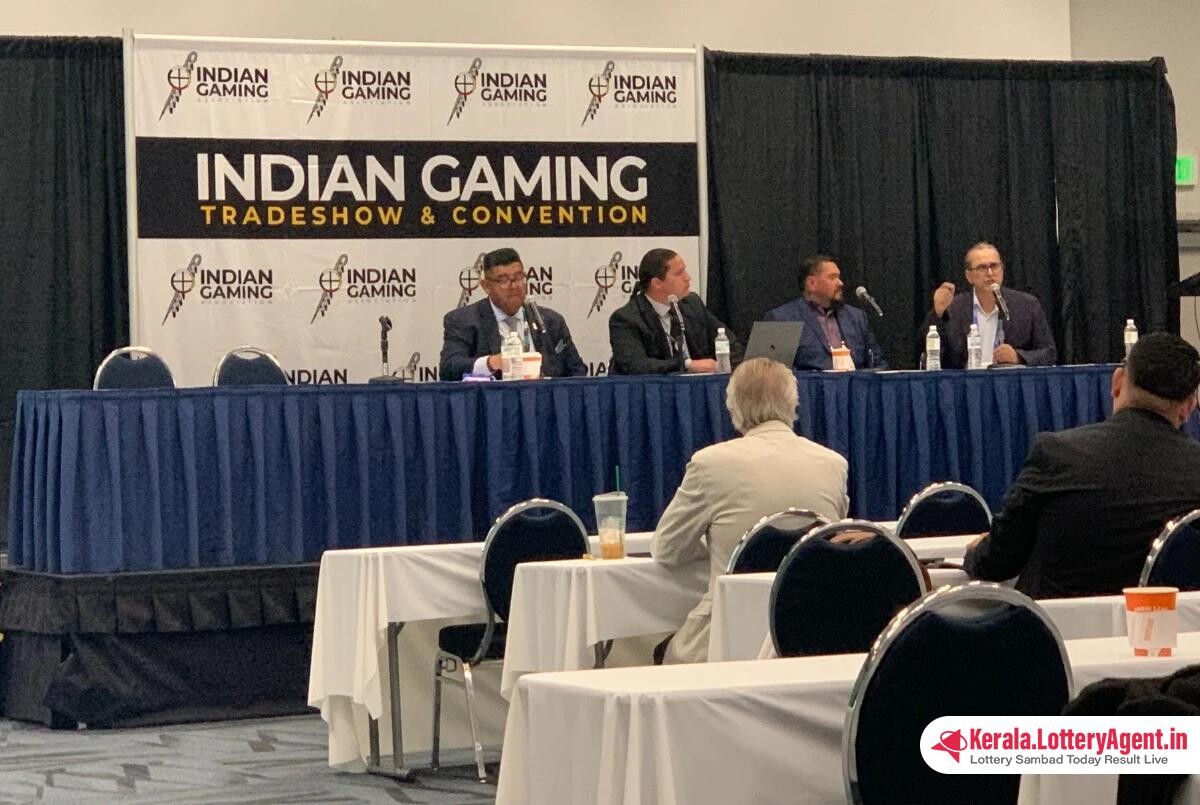
As the landscape of legalized sports betting in California continues to evolve, there remains a certainty within the tribal community—big-name sports betting platforms such as BetMGM, Caesars Sportsbook, DraftKings, ESPN BET, Fanatics Sportsbook, or FanDuel are unlikely to host their branded services within the state. California Nations Indian Gaming Association (CNIGA) chairman James Siva clarified their stance, suggesting that these operators could become partners, akin to slot companies, but definitively not operators on tribal lands.
Siva emphasized the tribe’s determination to stay in charge of the betting scene in California, stating that while they appreciate the urgency to progress, decisions will be made cautiously, based on concrete data, and with a united front. He stressed that the tribes will not be rushed and that the common goal for all is to “do it right.”
FanDuel CEO Amy Howe acknowledged previous missteps in their approach, reiterating the company’s regret for its part in attempting to push a ballot initiative for online betting legalization in 2022. This act of contrition began when FanDuel president Christian Genetski admitted at the Western Indian Gaming Conference to having a “spectacular failure,” labeling their initiative as “uninformed” and “misguided.” The California tribal community appears more resolved than ever to maintain their unity and control over the legal sports betting market.
Though hesitant to commit to a firm timeline, the earliest possibility for a tribal-led sports betting initiative is 2026. Daniel Salgado, CNIGA executive board member and chairman of the Cahuilla Band of Indians, highlighted the time-sensitive nature of this undertaking given the dire need to assist Revenue Sharing Trust Fund (RSTF) tribes. These tribes, many of which reside in impoverished conditions with limited access to resources like water and electricity, rely on a gaming-tribes’ fund that provides $1.1 million per year. This fund, once considered innovative, is now seen as needing an update to better support the 72 RSTF tribes among California’s 100+ tribal communities.
Tribe leaders have rallied around the mantra of “no tribes left behind,” as pronounced by Siva and Salgado. The unity of these tribes is imperative, as they recognize that division could lead to their collective downfall. This sentiment was echoed by Johnny Hernandez, chairman of the San Manuel Band of Mission Indians, as he recalled their own past efforts with a digital sports betting initiative, emphasizing the necessity for any gambling model to include and support the RSTF tribes.
The question on everyone’s mind is when the tribes will take definitive action on legal sports betting. Siva asked for continued patience, stating that the tribes are the ultimate decision-makers in California’s gaming industry. Should they choose to work with outside entities like FanDuel or DraftKings, terms will be dictated by the tribes themselves.
Victor Rocha, conference chair of the Indian Gaming Association, gave a glimpse into the future, indicating that retail sports betting may return to the ballot by 2026, and mobile betting could follow by 2028 if plans align. As it stands, the future of operator-branded sports betting platforms in California seems to contingent on how harmoniously they can align with the definitive say of the tribes. Only time will tell how this balance will be struck in the Golden State’s ongoing wagering saga.












